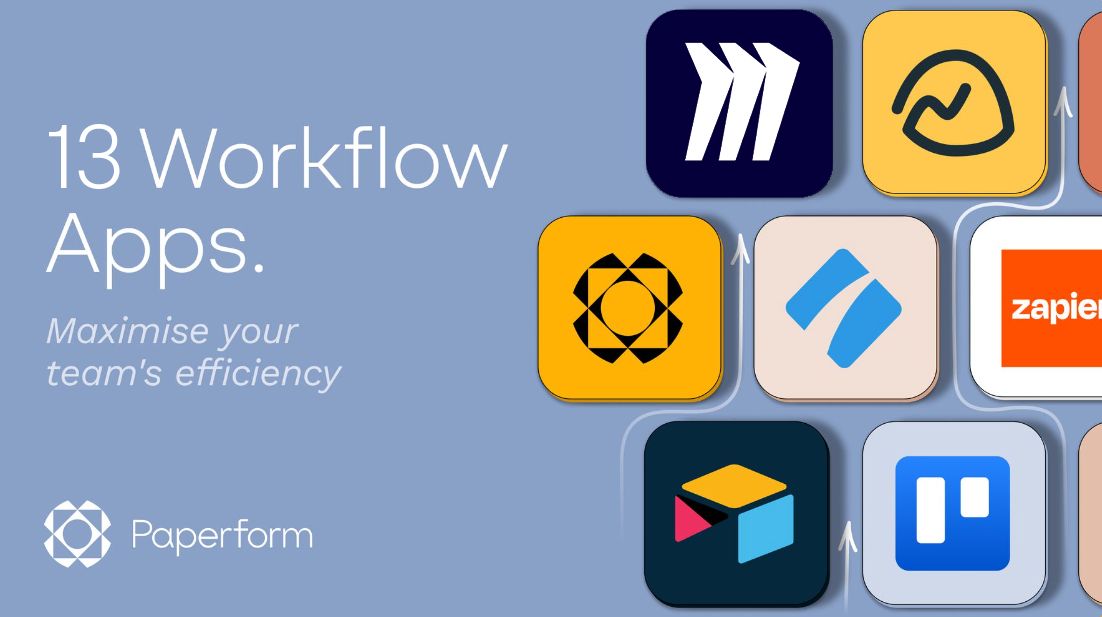Establishing a company involves many activities, ranging from creating a comprehensive strategy to finding a strong team. During the initial years, the direction in which your startup is going can change constantly, and it matters a lot. The payroll system is another critical activity that is often ignored or contracted out to experts by new businesses.
Most startups start by doing payroll alongside even if they are small, but when the company expands the manual handling of payroll becomes difficult and error-prone. Using an automated payroll system as soon as possible is beneficial as it frees up time, minimizes costly errors, and the support it shall afford as the business grows. The following are 5 reasons why startups need automated payroll systems.
1. Time-Saving Efficiency
Time is one of the biggest challenges when it comes to startups. This process entails numerous calculations of wages, taxes, and deductions when the organization is still carrying out the process manually. Some of these activities are administrative and therefore serve more as distractions to activities such as business development. An essential feature of an automatic payroll system is it does not require manual computation of salaries, taxes, or even overtime.
It also handles timely payments in a direct deposit fashion, delivers the needed reports, and completes tax filings. After deploying, the system works in the background enabling the business owners to have more time on their hands for more business ventures. That way, automation becomes a viable way of helping startups achieve long-term objectives and organize themselves to size up their operations and increase productivity, which could significantly be limited by manual bottlenecks.
2. Reducing Human Error
When the organization is processing payroll for the employees and the number of employees is a few, there are common errors that are often made. Calculating wages wrong, taxes wrong, or wrong deductions can lead to wrong payrolls which can hurt the employees, and fines or penalties may be imposed. For startups, such mistakes can negatively affect their brand image and their cash position.
Using computer software to integrate payroll processing eliminates errors resulting from complex calculations. Comparing features and customer support is crucial when identifying the best payroll software for small businesses. Through this software, payroll is done accurately, with little chance of missing calculations and forgotten deductions. It also saves time on handling paper timesheets, avoiding mistakes that result from keying in the timesheet information into a payroll system. By minimizing such risks, startups can mitigate the chances of making losses due to misunderstandings or paying employees late.
2. Ensuring Compliance with Tax Laws
Failing to comply with tax laws is something that every startup must avoid and most of them may understand the importance of correct taxes, it is a daunting task, especially given the dynamic nature of these taxes. Failure to comply with these rules can result in penalties or audits that can cause operations to be inconvenienced.
One way in which automated payroll systems help startups avoid legal risks is through law compliance by updating tax tables and their calculations to the current law. This system also produces specific tax statements and facilitates tax returns to reduce the paperwork load for startups. In addition to keeping records and submitting fees, fines are paid and all workers’ salaries are processed on time, allowing the founder to focus on running the business.
3. Reducing Human Error
When the organization is processing payroll for the employees and the number of employees is a few, there are common errors that are often made. Calculating wages wrong, taxes wrong, or wrong deductions can lead to wrong payrolls which can hurt the employees, and fines or penalties may be imposed. For startups, such mistakes can negatively affect their brand image and their cash position.
Using computer software to integrate payroll processing eliminates errors resulting from complex calculations. Comparing features and customer support is crucial when identifying the best payroll software for small businesses. With the best software, payroll is done accurately, with little chance of missing calculations and forgotten deductions. It also saves time on handling paper timesheets, avoiding mistakes that result from keying in the timesheet information into a payroll system. By minimizing such risks, startups can mitigate the chances of making losses due to misunderstandings or paying employees late.
4. Cost-Effective for Small Businesses
Initially, payroll done manually appears to cost less than solutions; however, additional expenses, including fixing mistakes and penalties, cannot be overlooked. Many companies encounter problems that lead to expensive mistakes that an automated payroll system can correct for a one-time fee. These systems can reduce the complexities in the payroll business, so there is no need for outsourcing the business of payroll management or hiring extra staff.
They are also available in a wide variety of affordable options, making it easy for a startup with hopes of growing to incorporate payroll software into its business operations. Also, comparing such features and customers’ support options is significant when choosing the possible software for small businesses. Automated systems are more cost-effective in the long run, so as your business expands, less work is required.
5. Improved Employee Satisfaction
Payroll is a major point of trust between the company and its employees and for any start-up, happy employees are always productive employees. The same occurrences may also result in frustration and this causes low morale and high turnover rates among employees.
Computerized payroll systems assist startups in avoiding such situations because they promote timely and accurate processes of salaries in the company. Systems also provide links on how the employee can check his/her payslip, and time of vacation, and modify his/her details, which increases the transparency of the workplace.
This is because when employees receive their pay as expected every month it creates satisfaction; therefore promoting a motivated workforce. Employees have more satisfaction and loyalty to the organization, which increases retention and lower turnover reducing the problems that face long-term startups.





